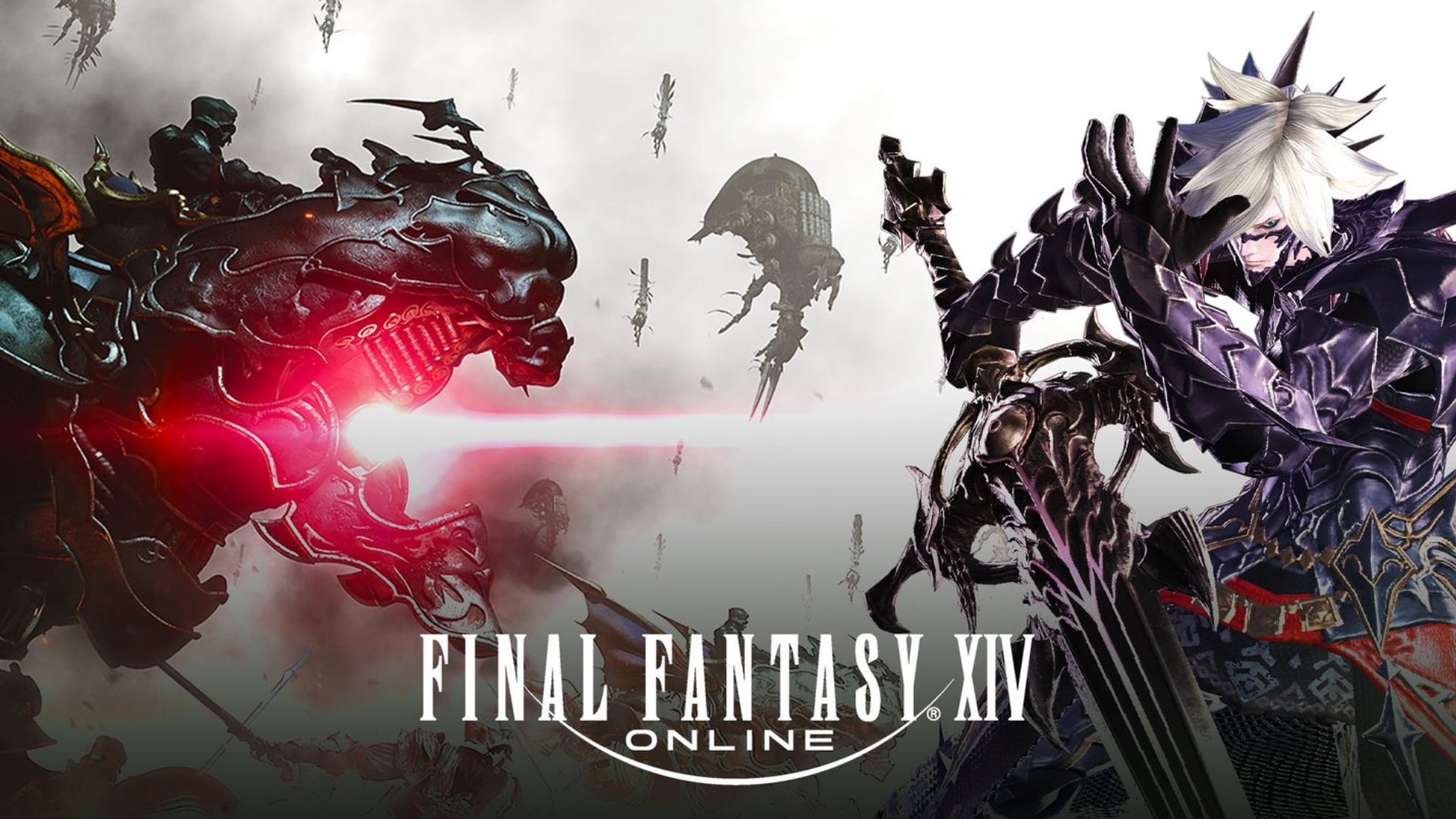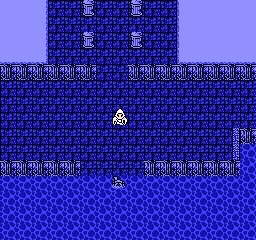

Whenever the protagonist encounters an enemy, the map changes to the "battle screen". In this battle, the player directs the party to attack the enemy. As in other Final Fantasy–related games, travel across the world map screen and hostile areas is frequently interrupted by random enemy encounters. To overcome this, players can ride emu-like chocobos and various vehicles available to them, though usage is limited. Players can freely navigate the world map screen unless restricted by geographical obstacles, such as water or mountains. Starting from the second act, players can journey between field screen locations via the world map, a downsized representation of original game's world. Players can save their game at any time when not in combat to the game's single save slot for later playing. Most of it occurs within the city of Midgar for the first act, later expanding to towns, dungeons, caves, and similar areas for the rest of the game. In Final Fantasy VII, the player directs the protagonist throughout the game world with a group of three interchangeable party members, exploring areas and interacting with non-player characters.

The player's character engaged in a cutscene. Its reception was mixed, cited as an impressive achievement but at the same time criticized for the difficulty and choice of a target console. Items, spells and equipment available to the player are based upon those in the original game, and although a large number have been omitted along with optional characters and some side quests, the original story was reproduced in very minute detail. The title features many gameplay elements of the original counterpart, including a three-member party structure and adaptations of the game's subsystems. The cartridge itself is unique, as it is structurally different from licensed Famicom cartridges in terms of hardware and programming. This two-dimensional "port" was developed and published by Chinese company Shenzhen Nanjing Technology for Subor, a Famiclone. Final Fantasy VII is an unlicensed " Shanzhai" demake of SquareSoft's role-playing game of the same name, originally released for PlayStation in 1997.


 0 kommentar(er)
0 kommentar(er)
